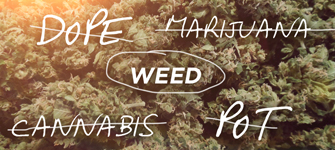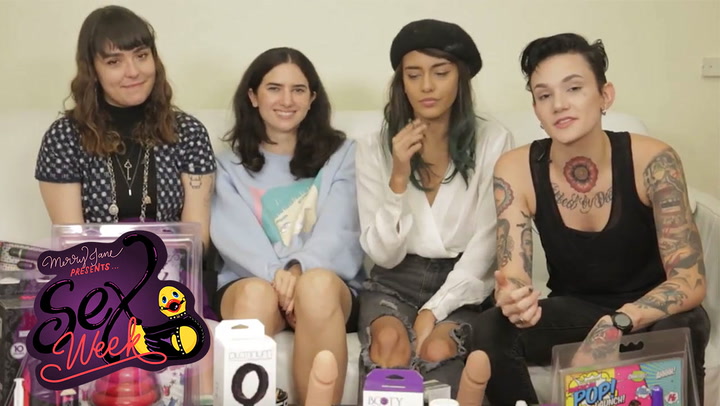As a 74-year-old daily doper, as the recipient of a lifetime achievement award from the Academy of Stoned Arts and Sciences, I remember when marijuana was bad-ass, back-door, shady, subversive. Today it’s a political movement, and its personality is more buttoned up than lit up.
Recently I tuned in to a cannabis health webinar and got lost in all of the gobbledygook about cannabinoids and terpenes. Like most potheads, I never dreamed of doing it for my health. Yes, it is welcome news that my favorite indulgence is good for my mortal container. But I smoke to get awakened, elevated, inspired, canna-blissed, consumed by revelations of an embracing all-is-wellness. Isn’t that the greatest healer, the rush itself?
Watching the webinar, I was struck by the unstoned mood of the presenters–how sober and serious most of them were, how lacking in humor, quirkiness, playfulness and the other endearing hallmarks of the bedazzled state of mind.
And, sure, I get it. The marijuana politicians and medical advocates want to show that they’re all grown up. They want to gain respectability in the straight world in order to win legalization and even profit from it. So they dress the part and act the part. They wipe the illegal smiles off their faces and recite laboratory research.
I appreciate their work. But it’s odd that they don’t even try to convey what the marijuana experience is about.
So many stories posted on MJ websites are dry, fact-based reports of legal and medical breakthroughs, articles written in the straight voices of mainstream journalism, stories which (given the subject) are strangely short on whimsy, intimacy, personal experience and literary flair.
Aren’t those writers stoned? As a journalist trained at the Washington Post, I demand to know: If they’re not stoned, why aren’t they?, and who’s to blame?
The politicization of dope has also led to a stuffy correctness about what to call it. “Cannabis” is in vogue, because it sounds like an FDA-approved arthritis salve, whereas “marijuana” just came up from Mexico in a backpack. Some commentators want to stamp out the terms “stoned" and “stoner" for having downer, couch-potatoish connotations which don’t fit the industry’s new upright, wholesome, bushy-tailed, therapeutic image.
I don’t know anyone who calls dope “cannabis.” Even “marijuana” feels stiff. I call it “grass.” Or “weed.” But, generally, I call dope “dope.” And I call my memoir Forty Years Stoned because Forty Years Medicated doesn’t come anywhere near the truth.
As a writer of Pot Lit, I’m glad that I don’t have any positions to defend or opponents to convert or campaigns to organize. I just love to get lyrically disoriented and write about the rewarding insights and peculiar thrills and illusions of well-being which generally ensue.











